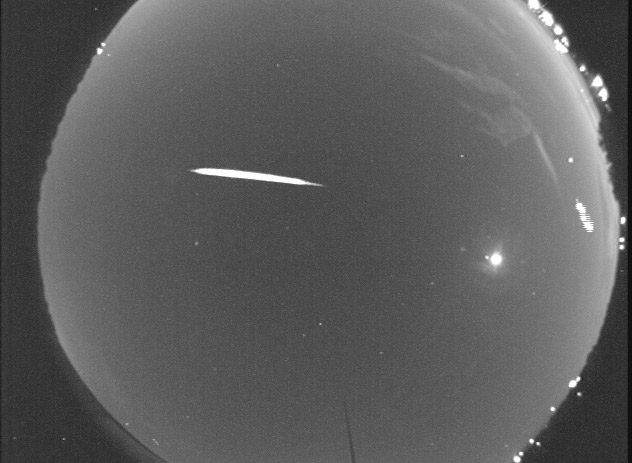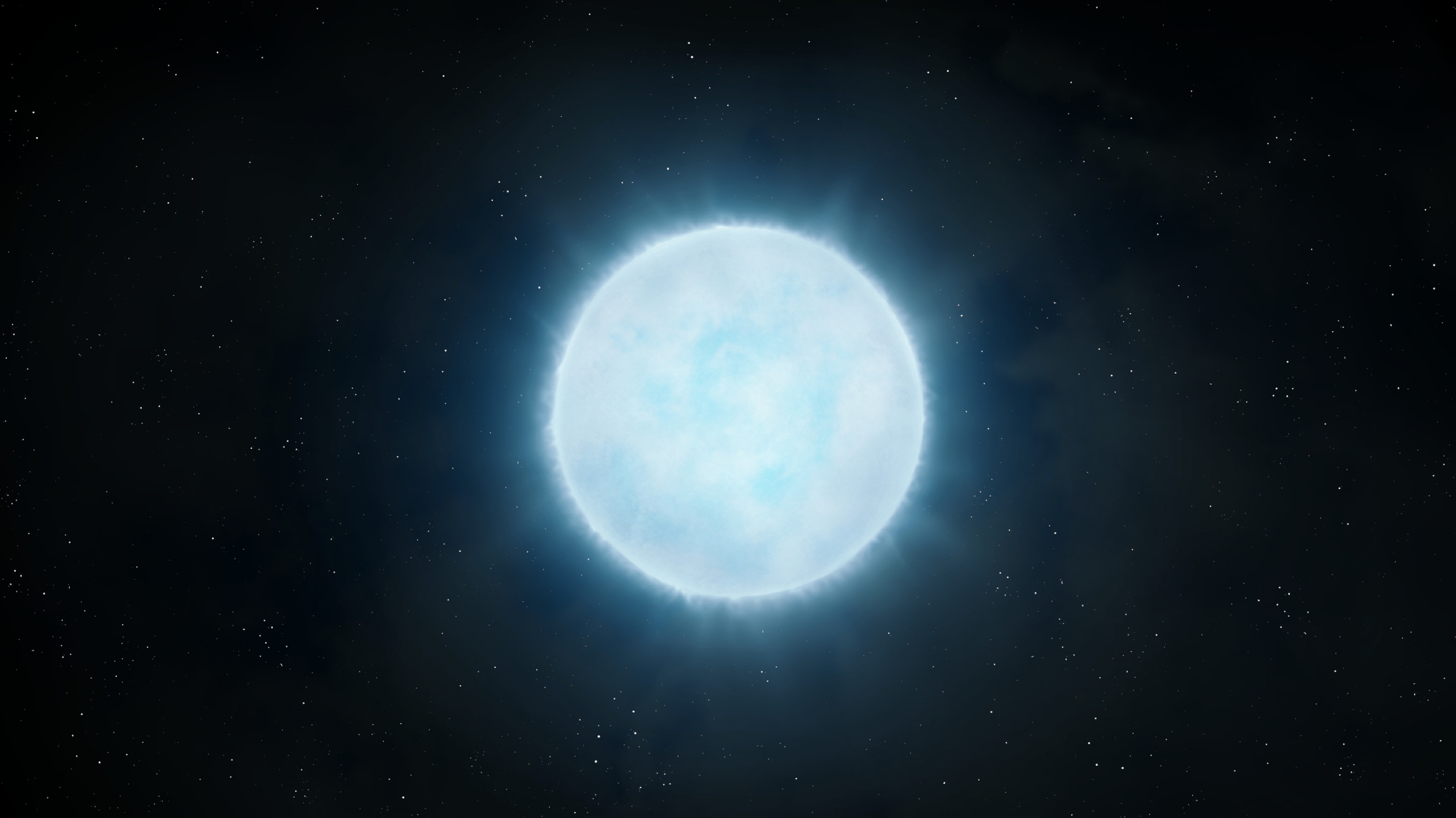NASA Wants You ... to Help Find Meteorites

NASA has launched an all-out search for any meteorites thatmay have survived from a bright fireball that streaked over northeasternAlabama last month. And the space agency wants your help.
The blazing meteor lit up the Alabama sky on May 18 and wasspotted by all-sky cameras at NASA's Marshall Space Flight Center in Huntsvilleand the Walker County Science Center near Chickamauga, Ga.
Scientists estimate the spacerock, which came from the asteroid belt, weighed about 60 pounds (27 kg),though it may have broken into pieces if any reached the ground. [Spectacularmeteor shower photos.]
"Expert opinion is that one or more pieces of thismeteor survived to make it to the ground as meteorites, and calculationsindicate that the area of the fall lies north of a line joining Woodville andScottsboro," NASA officials said in a statement.
NASA is asking residents who saw the meteor, or those whomay have noticed or picked up an unusual rock in the vicinity, to contact theMeteoroid Environment Office at the Marshall Space Flight Center.
The meteorwas first picked up at an altitude of 47 miles (76 km) over northwestHuntsville, Ala., moving at a speed of 8 miles per second (13 km/s) toward thesoutheast. It was last visibly detected northeast of Gurley at an altitude of23 miles (37 km).
The meteor was quite bright, rivaling that of the waxingcrescent moon ? a phase of the moon in which the illuminated surface increases,NASA officials said.
Breaking space news, the latest updates on rocket launches, skywatching events and more!
Calculations that were automatically performed by thetracking software indicate that this cosmicinterloper was from the main asteroid belt, moving in an orbit which takesit more than three times Earth's distance from the sun.
- Images- The Best of Leonid Meteor Shower
- ImpactCraters: Earth and Beyond
- Video- Meteor's Fall Caught on Camera
Contact information for NASA's Meteoroid EnvironmentOffice at the Marshall Space Flight Center is available here.

Denise Chow is a former Space.com staff writer who then worked as assistant managing editor at Live Science before moving to NBC News as a science reporter, where she focuses on general science and climate change. She spent two years with Space.com, writing about rocket launches and covering NASA's final three space shuttle missions, before joining the Live Science team in 2013. A Canadian transplant, Denise has a bachelor's degree from the University of Toronto, and a master's degree in journalism from New York University. At NBC News, Denise covers general science and climate change.
